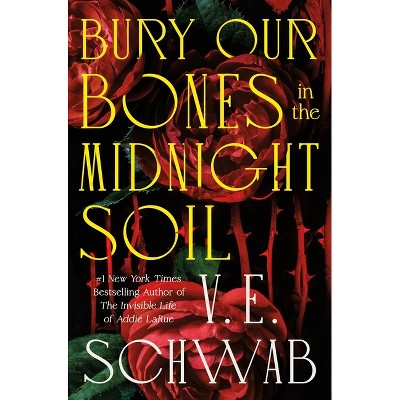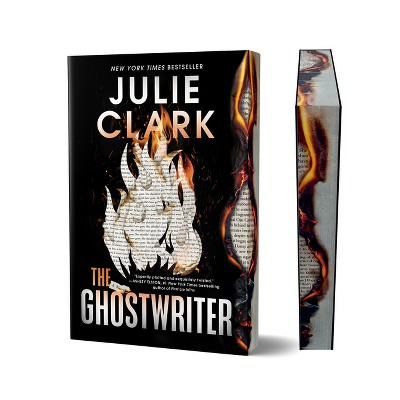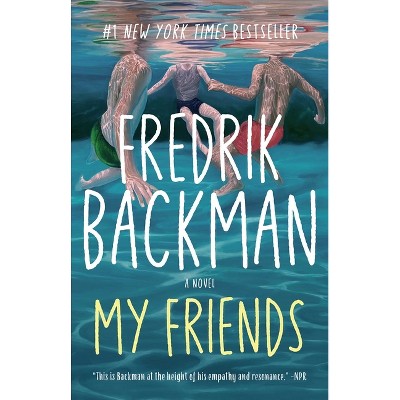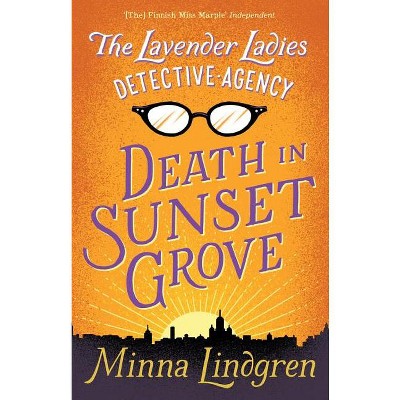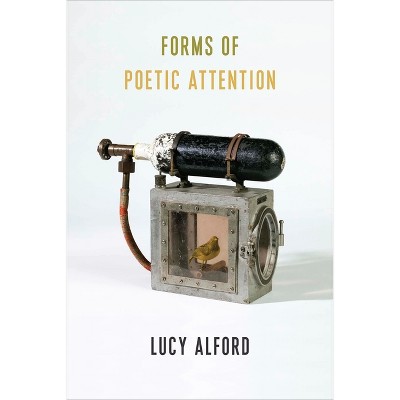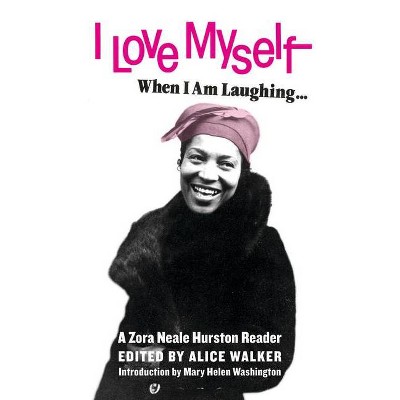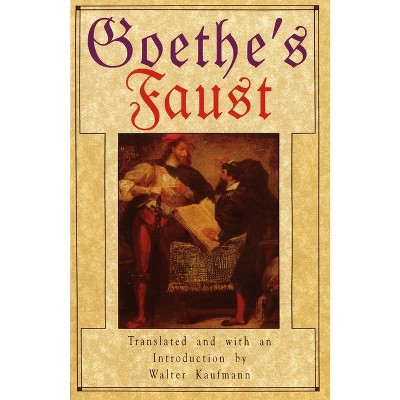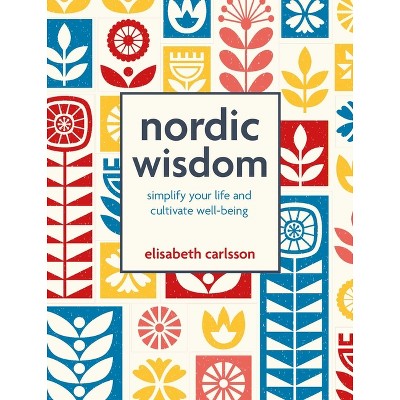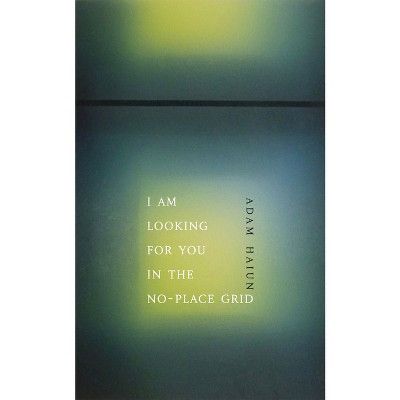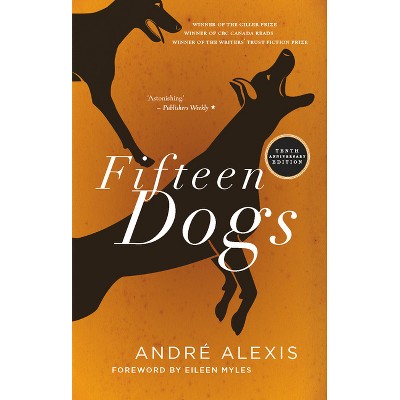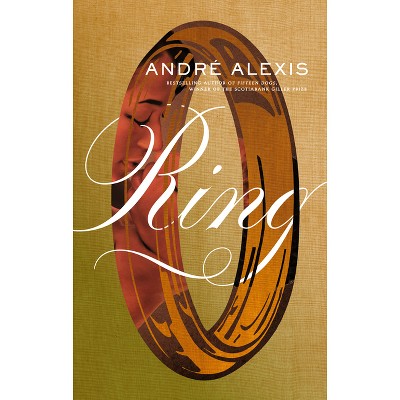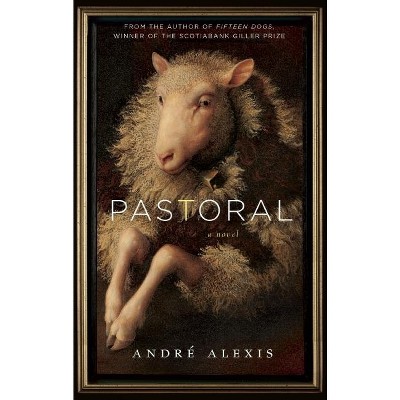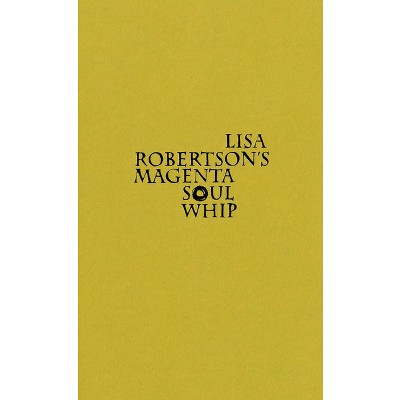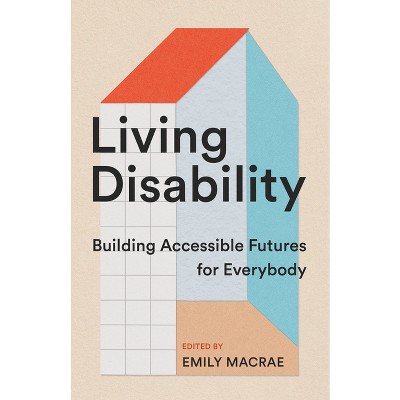Sponsored

Dad Era - by Jordan Abel (Paperback)
Pre-order
Sponsored
About this item
Highlights
- An irreverent, laugh-out-loud pastiche of free verse, hallmark card, bad truism, picture book, advice website, and meditative reflection on fatherhood.This collection compels readers to ask what it means to share a heart with another human in a world on the precipice of destruction.
- About the Author: Jordan Abel is a queer Nisga'a writer from Vancouver.
- 96 Pages
- Poetry, Subjects & Themes
Description
Book Synopsis
An irreverent, laugh-out-loud pastiche of free verse, hallmark card, bad truism, picture book, advice website, and meditative reflection on fatherhood.
This collection compels readers to ask what it means to share a heart with another human in a world on the precipice of destruction. Although Abel doesn't have an answer and likely never will, he understands deeply that "the bond between a parent and child can sometimes be explained with words." Here - brilliant, hilarious, and loving - are those words.
Dad Era explores Jordan Abel's role as a father to his daughter, Phoenix, and his relationship to popular and often toxic constructions of "fatherhood" on the internet. Breaking apart the idiomatic registers that define parenting today using distortion, contrast, sequencing, and palimpsest, all qualities that have come to define his oeuvre, Abel explores what it means to live, laugh, and yes, father "in a world without dads."
Review Quotes
"Abel's Dad Era is the literary embodiment of a soft, safe space - a collection of poetry, stories, and imagery that invites us to see fathers as complex and caring beings. This collection follows the ways Abel learns and falters and struggles, yet chooses to keep hoping, loving, and staying present." - Tenille Campbell, author of nedi nezu (Good Medicine)
"Jordan Abel's Dad Era further advances his long-standing experiment with form and Indigenous narrative. The book teaches us how to read polyphonically, how to read multiple narrative threads at once. Dad Era is indeed about fatherhood but it also about aesthetic complexity and formal restlessness in life and art. It is moving and funny and, like all of his work, deeply considered." - Billy-Ray Belcourt, author of The Idea of an Entire Life
Praise for the author:
'Jordan Abel's collection Injun evacuates the subtexts of possession, territory, and erasure. Lyric, yes: 'that part of sparkling / kn ife love that // hates the trouble of rope / and the letters / of tow ns.' Testimony of another kind, too: 'all misdeeds at the milk house / all heap shoots by the sagebrush // all the grub is somewhere / down in the hungry bellies [...]'. The fog of tedious over-dramatization clears and the open skies of discourse can be discerned. What does it mean to arrange hate to look like verse? What becomes of the ugly and meaningless? Words are restored to their constituent elements as countermovements in Abel's hands, just as they are divested of their capacity for productive violence. The golden unity of language and its silvered overcoding erode, bringing to bear the 'heard snatches of comment / going up from the river bank.' To pixelize is to mobilize, not to disappear.' - Griffin Poetry Prize 2017 Judges' Citation for Injun
'With NISHGA, Jordan Abel has reinvented the memoir, incorporating personal anecdotes, archival footage, legal documentation, photos and concrete poetry to create an unforgettable portrait of an Indigenous artist trying to find his place in a world that insists Indigeneity can only ever be the things that he is not. Abel deftly shows us the devastating impact this gate-keeping has had on those who, through no decisions of their own, have been ripped from our communities and forced to claw their way back home, or to a semblance of home, often unassisted. This is a brave, vulnerable, brilliant work that will change the face of nonfiction, as well as the conversations around what constitutes Indigenous identity. It's a work I will return to again and again.' - Alicia Elliott, author of A Mind Spread Out on the Ground
'In NISHGA, Jordan Abel puts to use the documentary impulse that has already established him as an artist of inimitable methodological flair. By way of a mixture of testimonial vignettes, recordings of academic talks, found text/art, and visual art/concrete poetry, Abel sculpts a narrative of dislocation and self-examination that pressurizes received notions of "Canada" and "history" and "art" and "literature" and "belonging" and "forgiveness." Yes, it is a book of that magnitude, of that enormity and power. By its Afterword, NISHGA adds up to a work of personal and national reckoning that is by turns heartbreaking and scathing.' - Billy-Ray Belcourt, author of NDN Coping Mechanisms and A History of My Brief Body
'This is a heartshattering read, and will also be a blanket for others looking for home. NISHGA is a work of absolute courage and vulnerability. I am in complete awe of the sorrow here and the bravery. Mahsi cho, Jordan.' - Richard Van Camp, author of Moccasin Square Gardens
'Jordan Abel digs deeply into the questions we should all be asking. Questions that need no explanation but ones that require us to crawl back into our bones, back into the marrow of our understanding. NISHGA is a ceremony where we need to be silent. Where we need to listen.' - Gregory Scofield, author of Witness, I Am
About the Author
Jordan Abel is a queer Nisga'a writer from Vancouver. He is the author of The Place of Scraps (winner of the Dorothy Livesay Poetry Prize), Un/inhabited, and Injun (winner of the Griffin Poetry Prize). NISHGA won both the Hubert Evans Non-Fiction Prize and the VMI Betsy Warland Between Genres Award, and was a finalist for the Hilary Weston Writers' Trust Prize for Nonfiction, the Wilfrid Eggleston Award for Nonfiction, and the Roderick Haig-Brown Regional Prize. Abel's latest work, a novel titled Empty Spaces, was published by McClelland & Stewart and Yale University Press, and was the winner of the Governor General's Award for fiction as well as the winner of a Banff Mountain Book Award. Abel completed a Ph.D. at Simon Fraser University in 2019, and is currently an Associate Professor in the Department of English and Film Studies at the University of Alberta where he teaches Indigenous Literatures, Research-Creation, and Creative Writing.
Shipping details
Return details
Trending Book Pre-Orders



